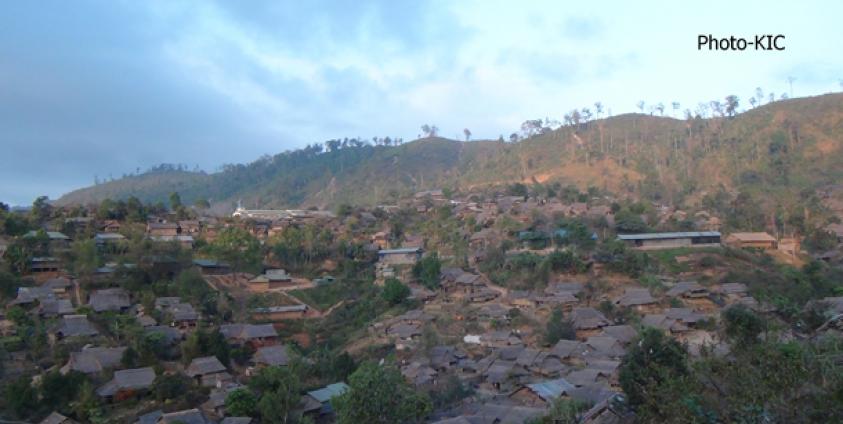The United Nations High Commissioner for Refugees (UNHCR), aid agencies and community organizations are in discussions to talk to Thai authorities for granting refugees the right to work outside the camps.
At the latest online ‘border wide meeting held from August 24 to 26 by stakeholders and service providers to the refugee camps, including; UNHCR, INGO/NGO, refugee camp management committees and Karen Community Based Organizations, it was discussed to propose the Thai government find a way for the refugee to have official permission to work in Thailand.
Saw Pwe Say, secretary of the Karen Refugee Committee said given many Burmese migrant workers in Thailand have returned home due to both the political situation and the Covid-19 pandemic, the UNHCR would propose for refugees to be allowed to work legally in the jobs left vacant.
“It is not possible for refugees to return home in the current political situation. Refugees do not have many rights in Thailand. UNHCR said they will discuss with the Thai government for people in the camps to work outside. There are [Thai] employers in need of workers. As people in the refugee camps are already in Thailand, they should be allowed to leave for work.”
In recent years, service provisions in refugee camps have been severely reduced by international donors. Camp officials told Karen News, if families with no income now, could work in nearby villages under a short-term exit permits issued by Thai authorities, the money they earn would supplement their food.
Covid-19 restrictions prevent refugee camp residents leaving the camp. Residents of the camp said they are restricted from passing from different zones within the camp to prevent the spread of the virus.
A resident of Nu Po refugee camp in Umphang township, told to Karen News getting enough to feed families is getting harder.
“The entrances and exits of the camp are closed, no one can go out and work. We get basic food – rice, oil and salt – but no meat or vegetables. Some people can grow vegetables in the camp and try to sell them, but it is difficult as most people don’t have money.”
Advocates working on refugee issues told Karen News the UNHRC discussion with Thai authorities should have happened years ago.
“We understand the restrictions if the camps were dealing with a crisis, but after more than 25 years, the situation has long been a development issue. Refugees should have been allowed to use their farming, computer, construction skills to legally work and earn a living and depend more on themselves to feed and look after their families.”
There are nine refugee camps along the Thai-Burma border – Mae La, Umphiem, Nu Po, Mae La Oon, Mae Ra Ma Luang, Tham Hin, Bandong Yang and Karenni Camps No. 1 and No.2 with more than 90,000 people.








